Share
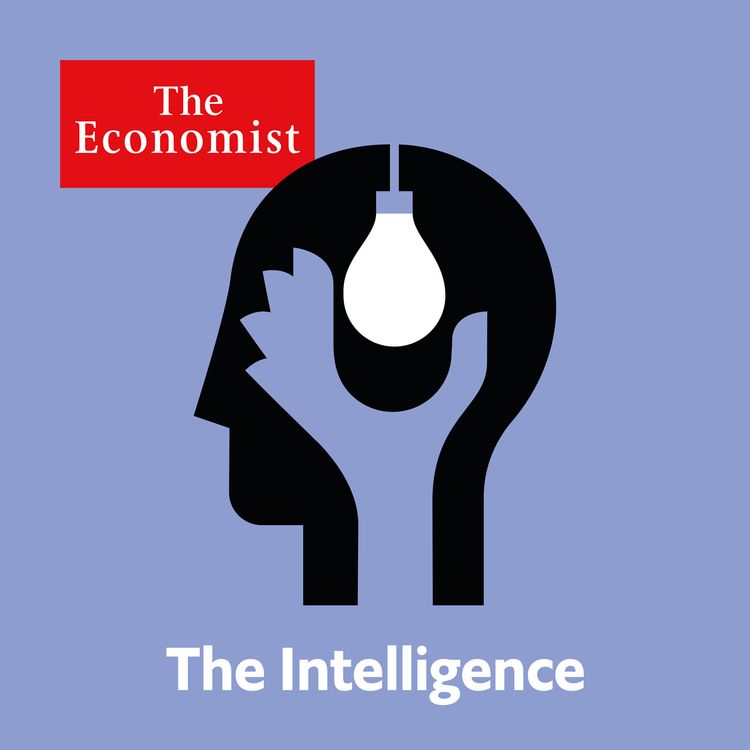
The Intelligence from The Economist
Defence on the defensive: NATO under scrutiny
•
It’s not just President Donald Trump piling pressure on the alliance. As defence ministers meet in Brussels, we examine one of the longest-lasting defence treaties in history. Despite mounting public unease, Japan’s government is pressing ahead with plans to bring in a wave of casinos. And the man who’s bringing agave spirit to India—just don’t call it tequila. For full access to print, digital and audio editions of The Economist, subscribe here www.economist.com/radiooffer
More episodes
View all episodes
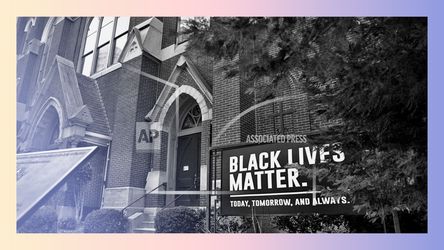
The Weekend Intelligence: Losing Religion
42:49|Sandwiched between two non-descript office buildings in the centre of Washington, DC, sits a special church. Metropolitan African Methodist Episcopal Church has hosted funerals for civil rights icons and opened its pews to American presidents. This year it made history again when it sued the Proud Boys, the far-right group that vandalised the church’s property in December 2020.For generations the centuries-old traditional Black church has been the foundation for civil rights movements, from abolition to voting rights. But membership is in decline as younger Blacks switch allegiance to more mixed race, non-denominational churches. On The Weekend Intelligence Tamara Gilkes Borr asks what happens to America’s fight for equality if the traditional Black church disappears?Listen to what matters most, from global politics and business to science and technology—Subscribe to Economist Podcasts+For more information about how to access Economist Podcasts+, please visit our FAQs page or watch our video explaining how to link your account.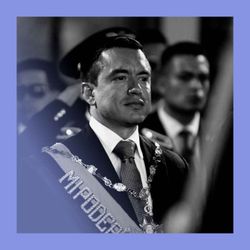
Going gang-buster: we meet Ecuador’s president
25:48|Yesterday’s arrest of a notorious gang leader is a win for Daniel Noboa. He assures our journalists he can beat back rampant transnational gangs without trampling democracy. The torrent of big geopolitical news has, perhaps surprisingly, not much moved the markets; we ask why. And the next instalment of our “Archive 1945” project revisits the founding of the United Nations.Get a world of insights by subscribing to Economist Podcasts+. For more information about how to access Economist Podcasts+, please visit our FAQs page or watch our video explaining how to link your account.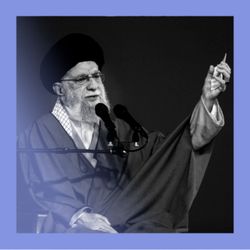
Not-deciding factor: Iran’s supreme leader
23:54|We examine the path of Ayatollah Ali Khamenei, once a bookish cleric underrated by everyone—including himself. He has hung on to power perhaps in part by not making decisions at crucial points. Our finance correspondent looks at the shifting wisdom on how best to manage an inheritance. And why India’s addresses are so long, complex and ultimately costly.Get a world of insights by subscribing to Economist Podcasts+. For more information about how to access Economist Podcasts+, please visit our FAQs page or watch our video explaining how to link your account.
Stayed in China: a domestic-brand boom
22:54|Western brands used to define cool and luxurious in China. No longer. Now consumers are turning to homegrown brands, some of which are becoming global tastemakers. Across Africa the Christian conservative movement is gaining ground fast—with a little help from American brethren. And why Britain is such a locus for the nuts and bolts of Formula 1.Get a world of insights by subscribing to Economist Podcasts+. For more information about how to access Economist Podcasts+, please visit our FAQs page or watch our video explaining how to link your account.
Truce and consequences: a fragile ceasefire in Iran
24:44|Iran’s strikes both before and apparently after a ceasefire began seem to threaten peace. If it holds, what will that mean for Iran’s ambitions, and for the wider region? A meeting of NATO-country leaders seems precision-engineered to appease the alliance’s most fickle member. And why Germany is considering cancelling one of its many public holidays.Additional audio courtesy of Chatham House's “Independent Thinking” podcast.Get a world of insights by subscribing to Economist Podcasts+. For more information about how to access Economist Podcasts+, please visit our FAQs page or watch our video explaining how to link your account.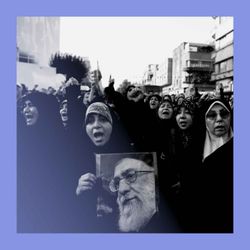
No good options: how Iran will respond
22:29|After America’s strikes intended to destroy Iran’s nuclear programme, one question is whether they succeeded. Another is how Iran will respond; all of its options are bad ones. In the West people have been shedding religion for decades, but that secularist shift now seems to be slowing. And what is driving the decline of inverted commas (aka “quotation marks”).Get a world of insights by subscribing to Economist Podcasts+. For more information about how to access Economist Podcasts+, please visit our FAQs page or watch our video explaining how to link your account.Runtime: 22 min
The Weekend Intelligence: Teeth, pain and Ukraine
39:50|It began with a simple root canal. As Economist correspondent Wendell Steavenson reported on the war in Ukraine her teeth were locked in their own war– a struggle with pain that defied medical explanation. Her attempt to discover its cause led her to visit 48 dentists in seven countries. On The Weekend Intelligence, Wendell explores how war rewrites the body's pain signals—and why an entire nation may be suffering in ways medicine is only starting to understand.
Hurry up and wait: Trump’s choice on Iran
24:13|The most consequential decision of Donald Trump’s presidency is now on pause for two weeks. We examine how the choice pits two sides of Mr Trump against one another. India is an advanced-manufacturing powerhouse, but can it become a hub for high-tech innovation, too? And as “Jaws” turns 50 our correspondent says its hero is probably not who you remember.Get a world of insights by subscribing to Economist Podcasts+. For more information about how to access Economist Podcasts+, please visit our FAQs page or watch our video explaining how to link your account.
I’d like not to thank the academy: graduates’ fortunes slip
23:14|The workplace wisdom that a university degree is a sure-fire key to success is very much in question—and the trend started long before AI began eating jobs. Russia has launched yet another summer offensive in Ukraine, and appears to be going for broke. And our journalists share their picks for the year’s best books so far.Get a world of insights by subscribing to Economist Podcasts+. For more information about how to access Economist Podcasts+, please visit our FAQs page or watch our video explaining how to link your account.